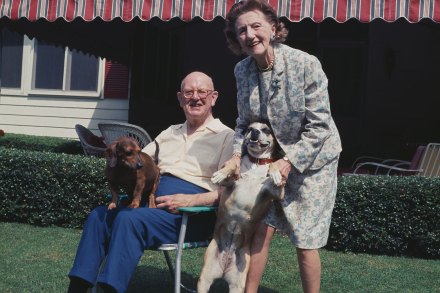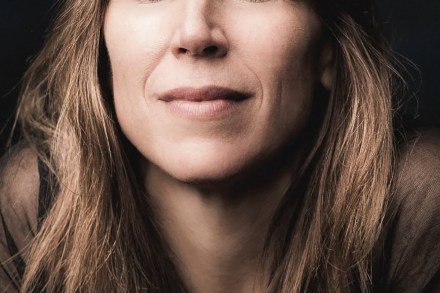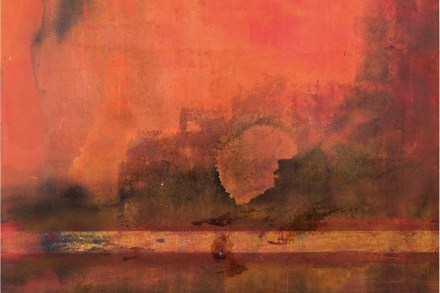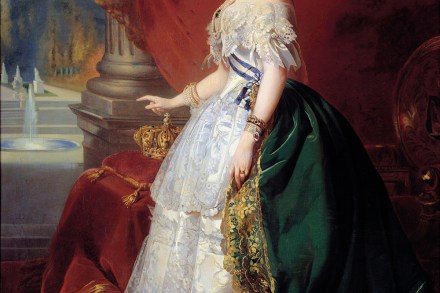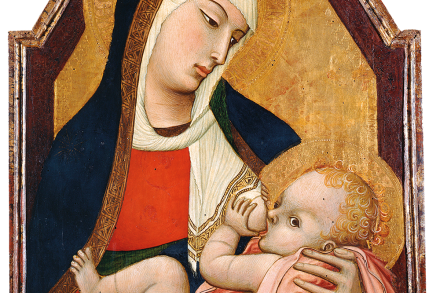I just don’t get P.G. Wodehouse
RadioI have a confession to make, which may upset many readers. Having only a passing acquaintance with his books, I’ve long experienced a faint allergic reaction to the works of P.G. Wodehouse. It is, I think, to do with the mannered, heavily whimsical nature of his world; the circumlocutory sentences; the ‘right-ho’s and ‘dash it’s
